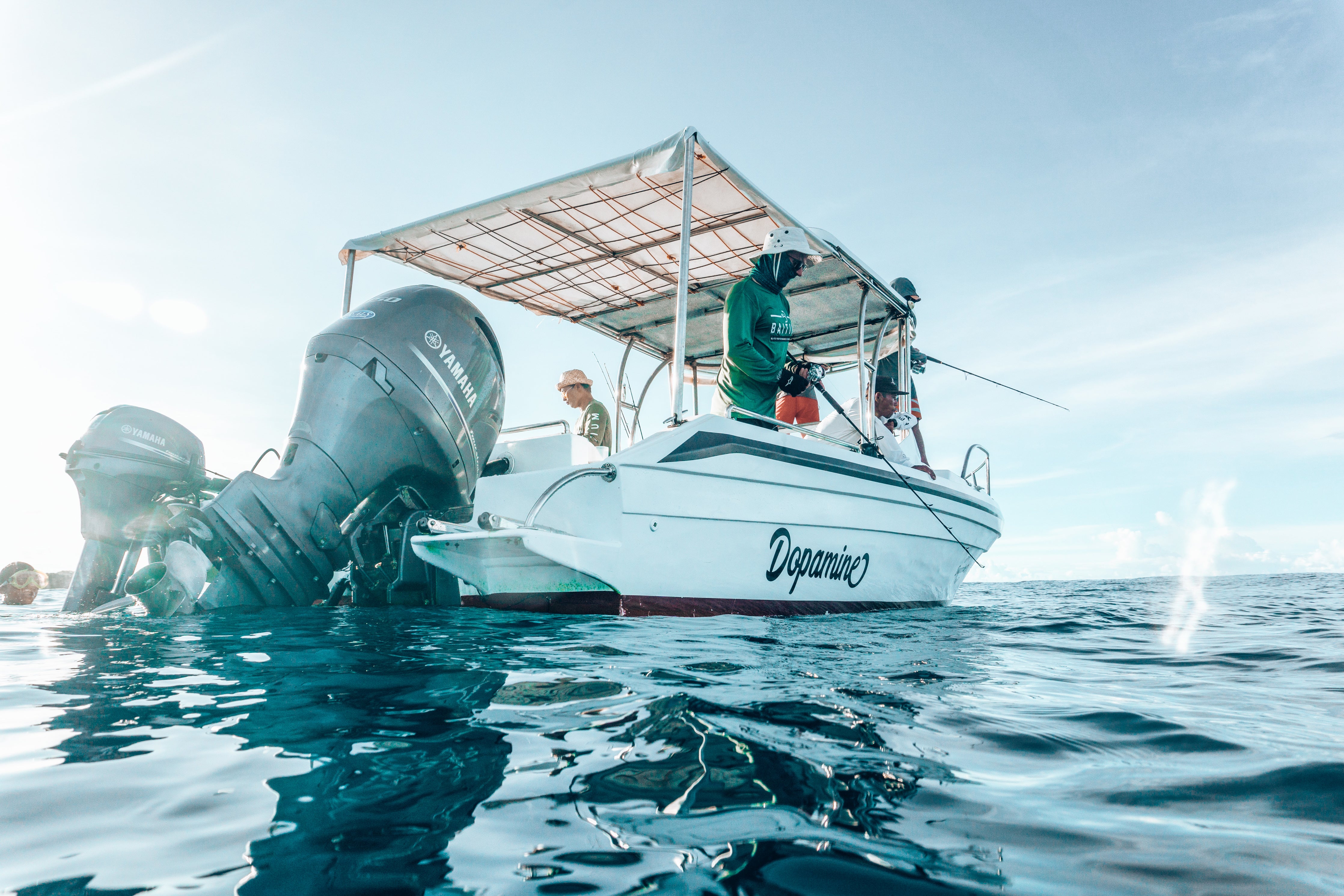Table of Contents
The oceans contain between 500,000 to 10 million marine species. Therefore, any crucial changes to it will inevitably alter fishing as well.
Contrary to popular belief, climate change is not just another way to say that it’s getting warmer outside. It has actual implications that could affect the hobby we all know and love. For starters, rising temperatures can lead to the destruction of marine habitats, causing long-term consequences for aquatic ecosystems.
This means we could lose some of the exact species we love fishing for, as a new study warns. The research suggested that previous scientific studies which assumed that fish would be more resilient to climate change could be wrong, and that if average global temperatures increase by as little as five degrees Celsius, a staggering two-thirds or sixty percent of global fish species could be extinct by 2100.
There are reasons behind these, though, and luckily, ways to help; even as one angler among many.
How fishes are affected by climate change
The National Wildlife Federation (NWF) likens the ocean to a sponge, as it absorbs “atmospheric heat and greenhouse gases such as carbon dioxide (CO2).” This past decade, oceans have apparently soaked up 90% more warming than ever before.
Rising water temperatures correlate to lower oxygen levels for marine species, but on top of that, more CO2 absorption also makes ocean waters more acidic; something that impairs internal chemistry and causes acidosis and abnormal growth among fish.
Even species found in streams, lakes, rivers, and other freshwater bodies of water where most of us fish would be affected through acid rainfall, so our favorite freshwater catches aren’t safe, either.
How you can help
In your own little ways, you can help curb the effects of climate change by following the basics: recycling, conserving water and electricity, walking or cycling to nearby places instead of using a car, spreading awareness, and many others. But there are also ways for fishermen specifically to join the fight against climate change.
Essentially, climate change is caused by pollution. Therefore, merely supporting eco-friendly brands helps, especially when done by a collective. Wear eco-friendly gear, for example, and encourage your friends to do the same! Here at Baitium, our shirts are made from recycled materials and a portion of our profits go to various ocean and wildlife conservation efforts.
If you’re an industrial fisherman, make sure you aren’t using any destructive fishing methods as well. While a quick search on the internet can verify whether or not a method is harmful to fishes and their habitats, bottom trawling, cyanide fishing, and blast fishing are the most common.
Make sure that your company isn’t overfishing as well! And no, that doesn’t simply mean catching too much fish; overfishing is when fish are caught before they get a chance to reproduce. Naturally, fish populations will decrease with such practices.
Climate change is a complex issue, but solutions to it can be fairly simple. Be a responsible angler today and help assure that future generations get to enjoy fishing just as much as we do!
MOST READ NEWS:
How To Use Your Fishing Records to Catch More Fish
Track your fishing trips, analyze patterns, and refine your techniques with a fishing log to catch more fish on every outing!
Solo Fishing Safety Tips: Stay Safe and Enjoy the Outdoors
Learn essential solo fishing safety tips: gear checklist, boat safety, emergency preparedness, weather monitoring & fishing location scouting. Stay safe on the water.
Secrets to Winter Fly Fishing Success
Master winter fly fishing with expert tips on trout behavior, essential gear, and proven techniques. Learn the secrets to catching more fish in cold weather.
How Cold Water Changes Fish Behavior: Insights for Anglers
Explore how cold water affects fish behavior and fishing techniques, enhancing your angling success and strategy.
Is Tech Making Fishing Too Easy? Exploring Forward-Facing Sonar (FFS)
Learn about forward facing sonar in fishing - what it is, how it works, rules for tournaments, ethics, and tips for finding fish with this game-changing technology.
Plan Your Best Fishing Trip Yet this 2025: A Complete Guide
Plan your fishing trip this off-season. Learn to choose destinations, prep gear, pick bait, and trust Baitium for expert tools and tips!
15 Fishing Resolutions for 2025: Set Yourself Up for Success
Discover 15 essential fishing resolutions for 2025: tackle organization, gear maintenance, angling techniques, conservation tips, tournament prep, and fishing safety guidelines.


